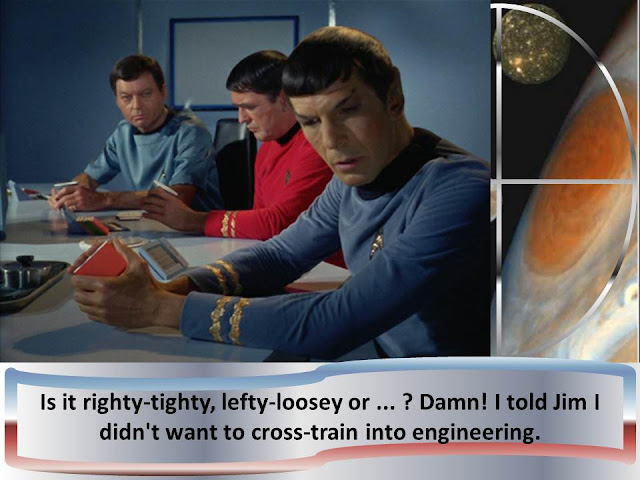Updated 2/11/2017
Poker regulars at work.
OK, this has happened to me, probably you too.
"While the other players at the table played cautiously against one another, they were relentlessly and collectively aggressive against me. Check-raising me, trapping me, slow-playing me with big pairs, going over the top of my feeble raises and bluffing me right into the ATM machine."
It's obvious, most of the players knew one another and I was regarded as the "New Fish" in their pond.
Low-stakes cash games, like those at many of the card rooms around Los Angeles and Las Vegas, are home to the "regulars" of the area. They are there almost every night, they know how they play and they don't play against each other. They are here to work, and it's not just those "retired" old folks that frequent the tables. The lost boys and girls that had to come out of their "on-line" sanctuary when "Black Friday" came are trolling the tables too. It's a game of cut throat pool when a new player enters the game, only at a poker table with 3 times as many sharks. If the new player isn't in the hand, they limp and check to the river, if it ever goes that far.
Before you enter a cash game, look around the room at several of the tables, if there are more than one. You will certainly find one or two tables where there is some banter among the players, like a good home game, with the usual ego trip by one obnoxious player. Avoid that table, it won't be fun.
Look for a game where people are actually having fun, and you might stand a chance. Find a poker room where there's a lot of young people drinking a lot and making a lot of noise. There are many of them in Vegas and on certain weekends in other card rooms. Look for the acton places in Vegas, conventions, holiday weekends, spring break and during their big special tournaments. You may find a few pros there, but mostly fun loving gamblers like the ones at the craps and roulette tables.
In most other card rooms, like those in Los Angeles or northern California, it's better to only buy into a newly started game, where everyone starts with the same stack size. It's easy to check the board and see how long the waiting list is. If the list is long, there may be a new table opening up. You'll still find the old players that buy in for the minimum and the loose players that buy in for the maximum, but you can choose where you want to start with your chips.
Be aware though, all the money isn't on the table. Many poker rooms won't let you buy in for more than 50 big blinds and most of the players have set an amount they will gamble, so they will reload when their stack gets low. Loose players and gamblers will often reload several times. You should be prepared to reload, at least once, if you want to be profitable in the long run. If you are winning and you decide to pack it up, you may have to wait a certain amount of time before you are allowed to buy in at another new table, check with the floor man.
I NEVER BLUFF


















